



Real life is daily improvising, a drama that includes spontaneous performance, an improvised script on an uncertain stage. Without a doubt, success depends on the way we play the role assigned to us. That’s life! Indeed, real life seems to be closely connected with real drama. As matter of fact, people’s behavior has a lot to do with performance, which might be successful or unsuccessful, suitable or unsuitable, appropriate or inappropriate. It also seems that individuals are bound to learn how to perform, behave, and act if they want to succeed in life.
This is not currently taught at school, but it should be, don’t you think so? What is good-manners and politeness? In particular, how are they learned? It is a result of training, repeated performance, and trial an error on the real life stage. This theatrical approach is addressed to help students and even teachers to be well aware of the fact that ideas, feelings, emotions and actions are necessarily connected as a communicatively coherent whole and that educational drama practice may be the way to learn, not only English, but also how to be more practical and effective communicators.
CONTENT
Introduction
Brief historical review
Is drama a tool for education?